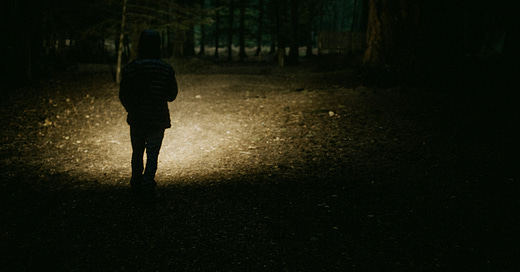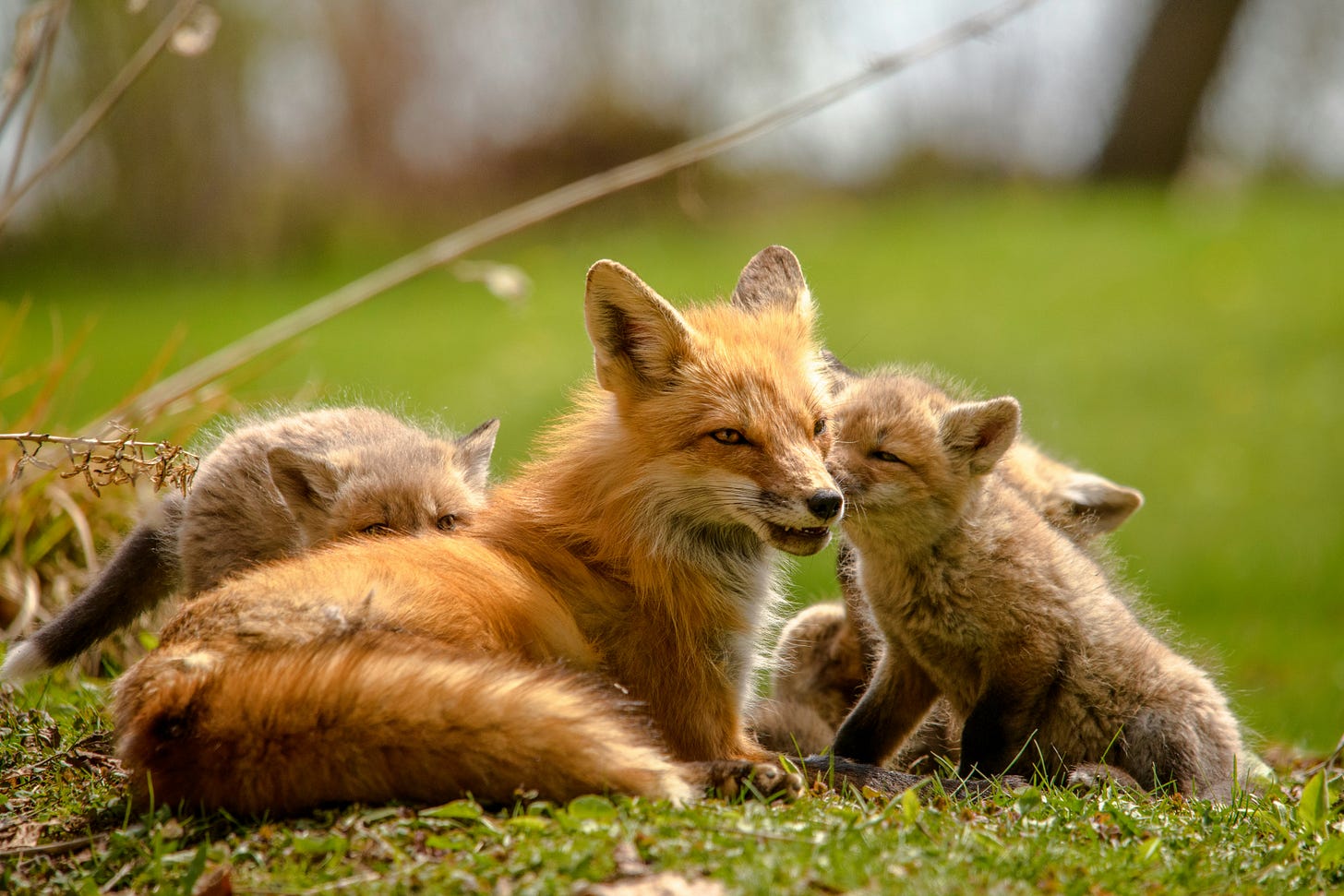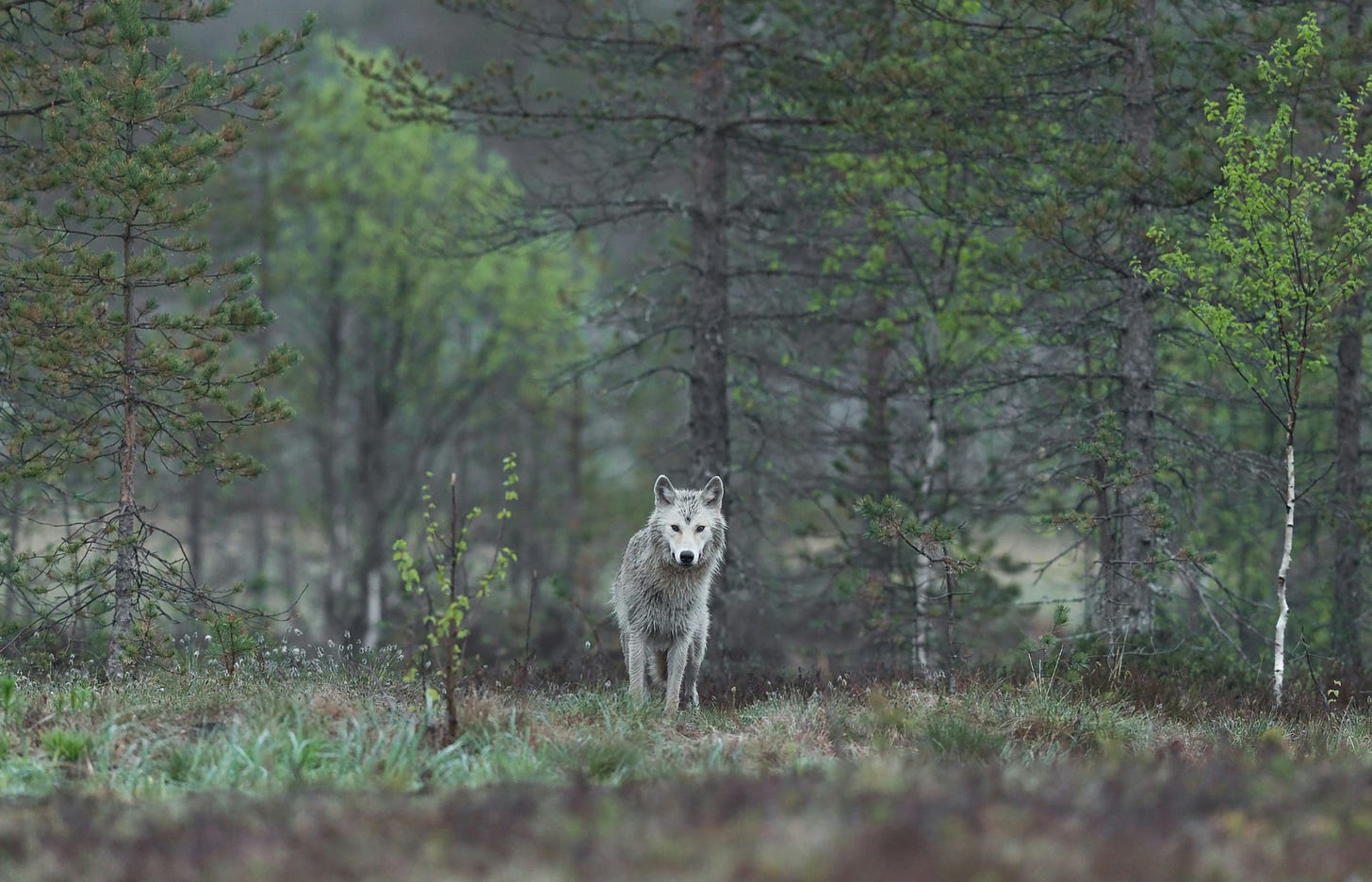I was going through some old digital files, clearing stuff out, doing a bit of a spring cleaning, and I came upon some old submissions. They were written sometime between 2016 and 2019 and then submitted to (and rejected from) various literary journals in 20201. Which feels long ago and like it was just last week, depending on the day. Current events were different 5-7 years ago, of course—Notre Dame had just burned, the pandemic was yet to be, and different parts of the world were burning (by war or wildfire). But even slightly dated as parts of them are, the sentiment and energy I was (and typically am still) trying to convey remains relevant today.
Ceremonies of the Ordinary Is there time to take solace in gentle rhythms of ritual, in ceremonies of the ordinary? Brew tea, plant seeds, knead bread, walk to the mailbox. Can we savor these even now, when fires rage unchecked, when waters rise unbounded, when cultivating quality of attention seems useless? Wisps of steam rising. fertile soil holding space, hands and dough working together, hot gravel crunching underfoot. The hour may be late, but attention remains necessary. Confront this walk through dark times. Take the chance to be here now, to revel in the fierce and urgent ordinary, an ordinary necessary to notice, requiring the kind of courage a burning world needs.
(That one above is a somewhat modified version of the “A Case for Slowing Living” series in Slouching Toward Radiance)
Sacred Paradox A great cathedral burns across the sea as millions lament history lost to flame. One small mosque smolders in a holy land where conflict dictates choices of the people. Mining proposals are fast-tracked, allowing destruction of clear waters in boundary lands. Pipelines carve sacred sites into halves and Turtle Island grieves losses that cannot be remade. Yet an urgency builds. You can feel it if you look closer. Communities come together, celebrating what is more powerful than mortar and stone. Mother fox trots along a low ridge line carrying babies to a den where they can thrive. An extinct waterfall gushes, spring melt reminding land what is still possible. Heron extends a graceful leg, one slow step at a time toward the sun. Though the world seems to churn with rage and fear, greed and hatred, new life rises from ash. Let it ring from bell tower to burial mound: victory belongs to love at the end of days.
(This one hasn’t ever been quite the right fit for a published collection, and I’m still not sure about it, but I thought I’d share it all the same.)
Inconspicuous Power We were portaging, weighed down by canoe, paddles, and packs when your subtle movement caught our attention; a hint of gray, a flash of bright eyes, a wildness. Swallowed by pine forest, you vanished even as we felt your presence tracking ours, vulnerable under heavy loads, wondering if it was really you we saw in that blur of fur, reminded we are not lords of the woods, reminded vulnerability is something we share, wolf and human weaving together, at least this time, in a dance more powerful than fear.
(This one also has never been quite a fit for a published collection, but every time I re-find it, I’m brought back to 2008 in the BWCA.)
So, a few old poems. Do you ever go back to sift through old writing? What do you do with what you find? The invitation this week is this: find an old file or journal if you have those things and pick out a bit of writing. Consider how a piece of set-aside writing might land today: what speaks through time to what’s being experienced now? What needs to be adjusted to make an old piece resonate in current times?
2019 and 2020 I was at the height of my “submission” efforts…we were trying to find a publisher for 12 Tiny Things, and I was pitching all sorts of stuff to lit journals and magazines and contests. I rarely do that now, as I found doing so took more energy than I received back, but I did get some new work out of the effort. These days I just write what I feel like writing (or dig out old stuff…) and just share it here.







Just this week I started going through older work, following the energy of a collection that seems to be forming. It's interesting how some pieces speak just as clearly now as when they were written.
I especially love the wolf encounter poem. 'The lords of the woods' line brought such a strong image for me; it conjured the idea of the need for rewilding and allowing animals more freedom to roam. I was wondering whether it might have been inspired by a real event.
I am just starting out with writing, enjoying the way my ideas evolve and shift until the final version solidifies. I think your post encapsulates this process perfectly.
I live in Turkey right now and am largely writing about animal encounters and my reflections on them. Wolves are quite common here and also culturally symbolic. I would be moved to see some in the wild, I just need to figure out a way to do this safely and respectfully, perhaps using a local guide/tracker. Where there's a will there's a way.
Inspiring work, Heidi. Thanks.